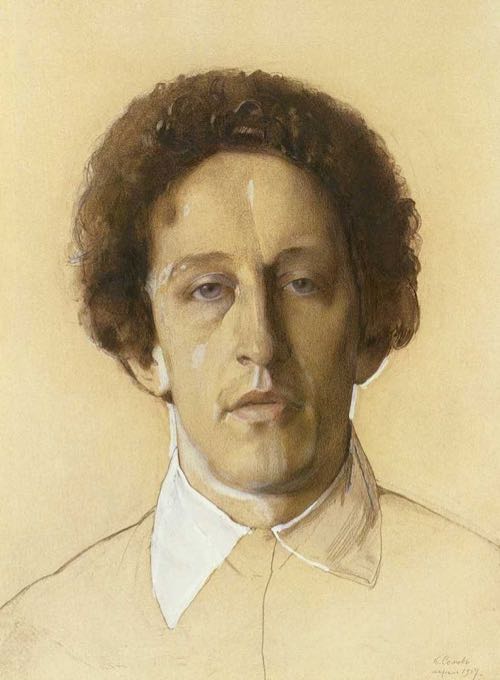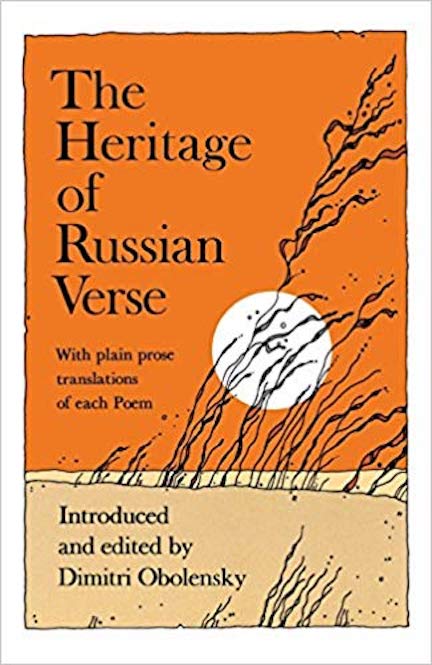Previously published as The Penguin Book of Russian Verse, this volume was universally known among teachers of Russian and widely used as a text both in Russian poetry courses and in survey course in Russian literature. The collection contains a generous and judicious selection of Russian poetry from medieval times (the late 12th-century heroic Lay of Igor's Campaign and some byliny or oral heroic poems), through the innovations of Derzhavin, Zhukovsky, and Pushkin and the romanticism of Lermontov, down to the contemporary period, with Evtushenko, Vozncsensky, and Akhmadulina exemplifying the most vital and creative element in recent Soviet poetry. The poets of Russia's Silver Age—Symbolists, Futurists, and Acmeists—and those of the early Soviet period are particularly well covered. Each poem is accompanied by an excellent prose translation appearing at the foot of the page. Dimitri Obolensky's clearly written extended introduction provides an informative outline of the history of Russian poetry; it is accompanied by a useful essay on the principles of Russian versification.





